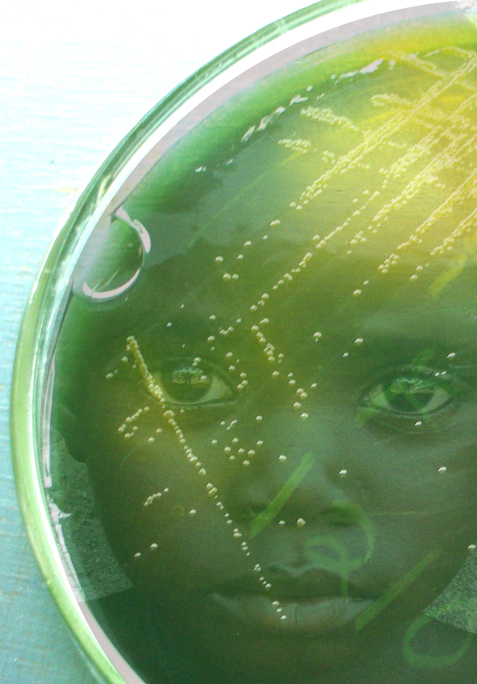Budget cuts at terrible time could condemn many
 Budget cuts could be deadly, as the World Health Organization struggles to stem outbreaks with fewer resources.
Budget cuts could be deadly, as the World Health Organization struggles to stem outbreaks with fewer resources.
International health officials are warning that recent budget cuts to the WHO mean it cannot properly respond to an Ebola outbreak that has so far killed at least 603 people.
The infection is spreading through Guinea, Liberia and Sierra Leone, and it is unclear if the WHO can slow the creeping death.
“The situation in West Africa should be a wake-up call to recognize that this weakening of this institution on which we all depend is not in anybody's interest,” said Scott Dowell, director of disease detection and emergency response at the U.S. Centres for Disease Control and Prevention, during a briefing in Washington.
“In my view, there's no way that WHO can respond in a way that we need it to.”
Declining donations during the global recession and a redction in United Nations backing mean WHO has seen a 12% drop in its program budget over the last two years down to $4.23 billion.
The drop has meant that WHO cannot help all countries report on International Health Regulations, which went into effect in 2007.
The lapsed regulations mean outbreaks of diseases including smallpox, polio and new strains of influenza, can generate and spread more easily.
“We saw spread and chaos … and, frankly, a lack of strong leadership combined with very poor public health infrastructure in the area,” Dowell said, claiming such poor management led to the resurgence of the virus.
“If there are poor areas of the world where pathogens can get a head start, we're all vulnerable.”
There is also an outbreak occurring of a disease almost completely limited to areas of poverty.
Cholera has claimed 60 lives in South Sudan, and the outbreak is spreading, triggering fears that many more will die.
Many poorer countries are expected to take years to develop the ability to survey their disease outbreaks, including monitoring movements across borders and developing the laboratory infrastructure to respond.
Keiji Fukuda, WHO assistant director general for health security, says they must be given technical assistance from wealthier countries in the meantime.







 Print
Print